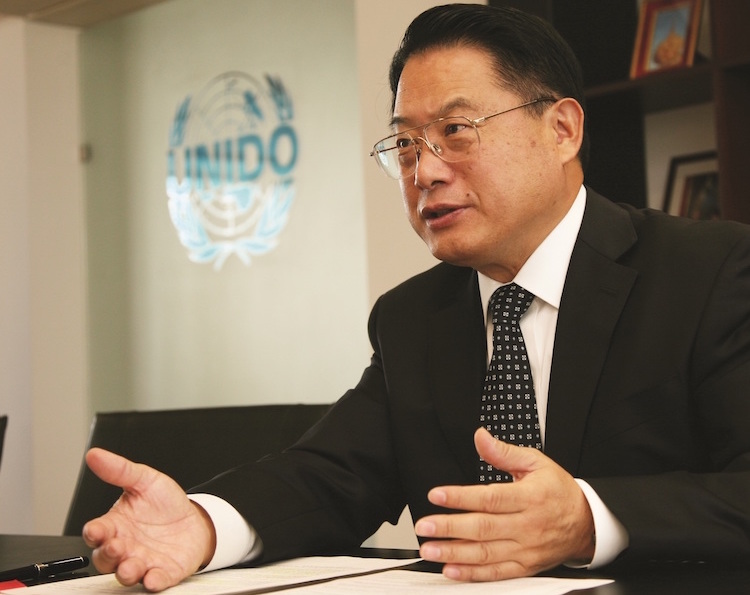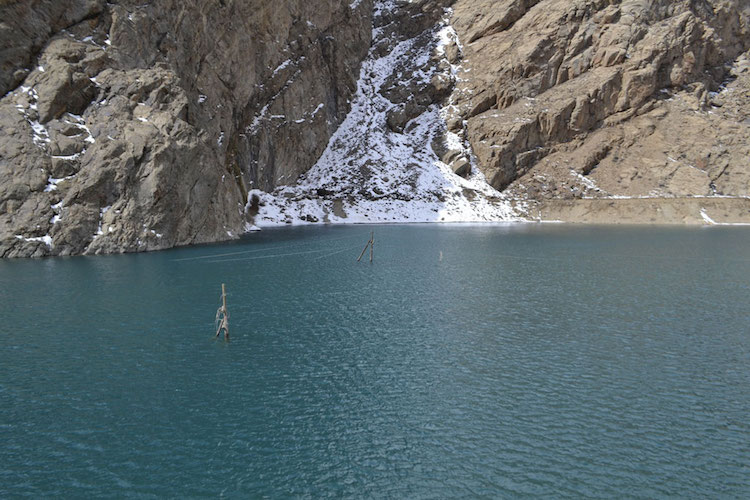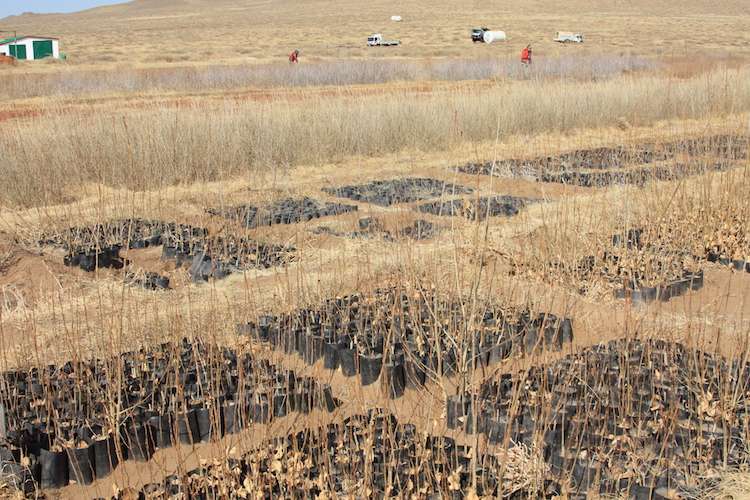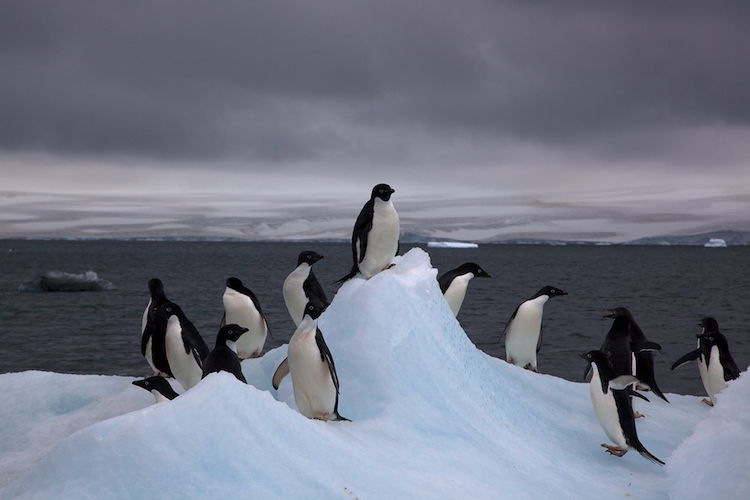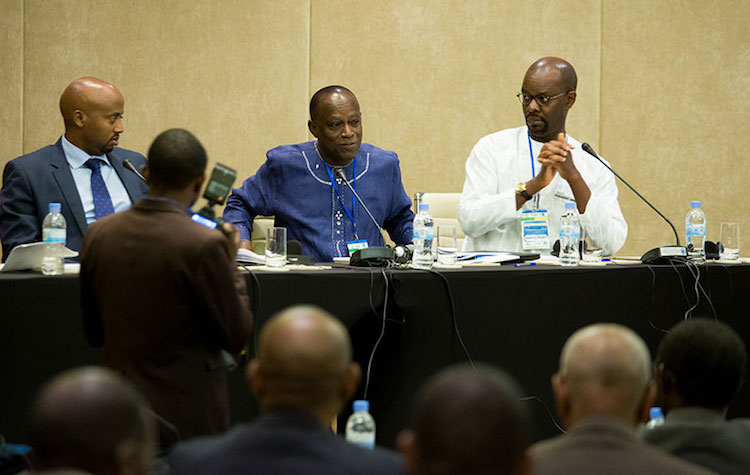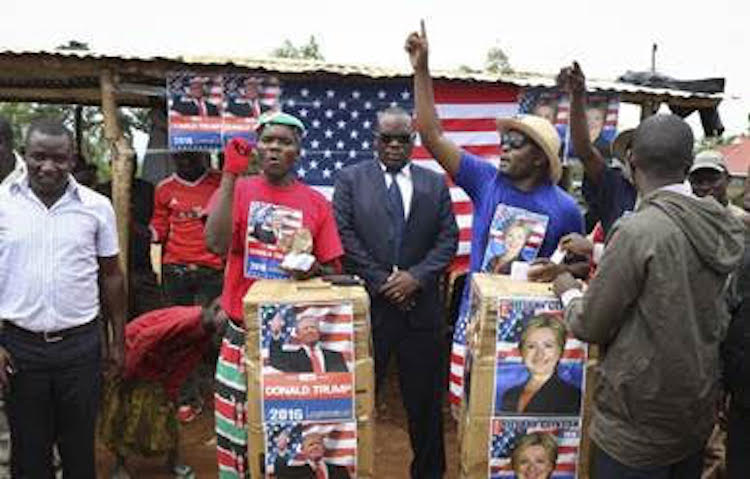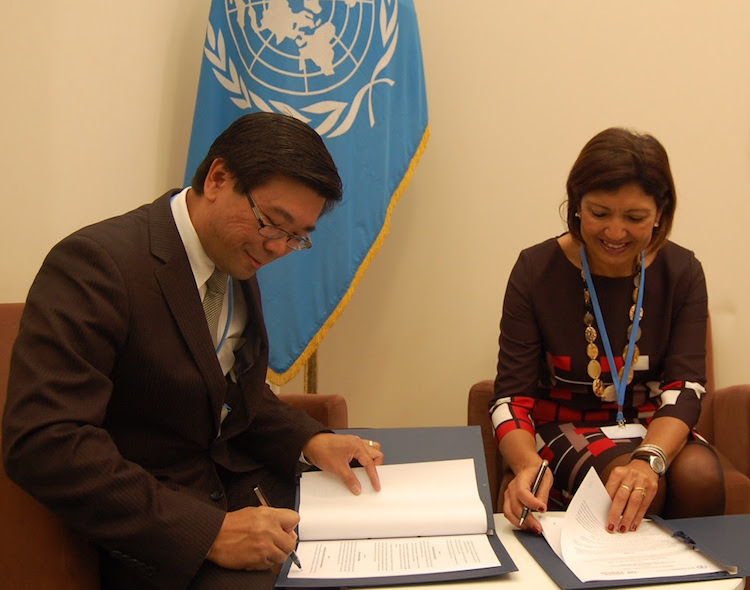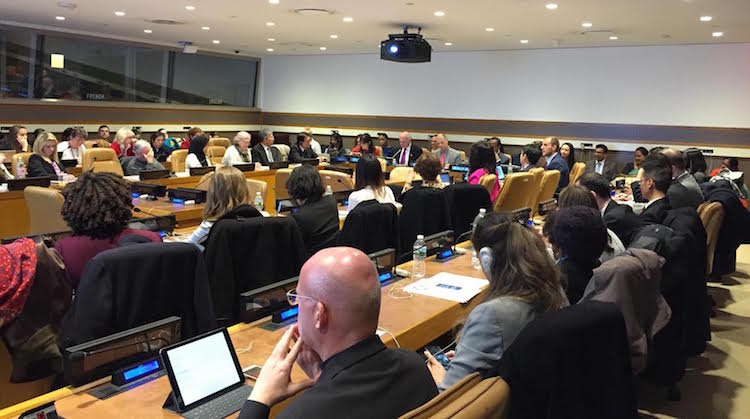By LI Yong, Director General of United Nations Industrial Development Organization (UNIDO).
VIENNA (IDN-INPS) – UNIDO is turning fifty years old. The anniversary provides an opportunity to reflect on the past. It is also an opportunity to chart a new path for a sustainable future.
Looking back at what UNIDO has achieved throughout all these years, I am amazed by the success of its technical cooperation activities, its normative function and its policy advice, and its contribution to the global discussion of industrial development.
The history of the Organization started on November 17, 1966, when UNIDO was established as a special organ of the United Nations General Assembly to assist, promote and accelerate the industrialization of developing countries, with a particular emphasis on manufacturing. After moving its headquarters to Vienna in 1979, it became a specialized agency in 1985.

